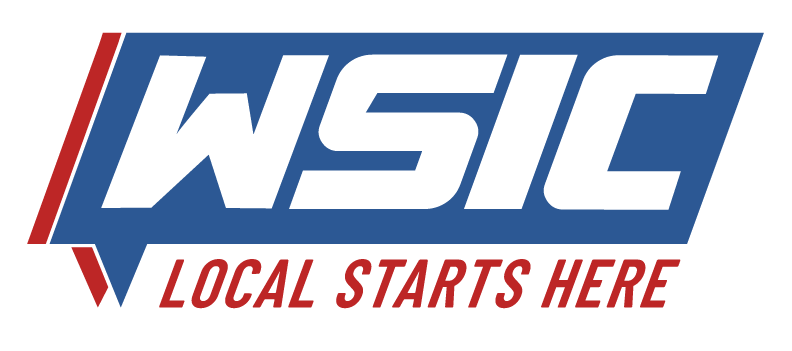Cornelius’ Thom Tillis and Patrick Leahy Introduce Bipartisan Legislation to Improve Patent Quality
Dive into the heart of politics, sports, and everything in between with All Things Saine, hosted by former North Carolina Representative for District 97, Jason Saine. Known for his sharp insights and unique perspective, Jason tackles the critical political issues shaping our local communities, the state of North Carolina, and the nation.
Tune in every Wednesday from 11 AM to 12 PM as Jason delivers expert commentary, engaging discussions, and in-depth interviews with influential guests, including state senators, representatives, and other prominent political figures. With North Carolina’s rapid growth and evolving political landscape, All Things Saine is your go-to source for staying informed about the decisions shaping our future.
